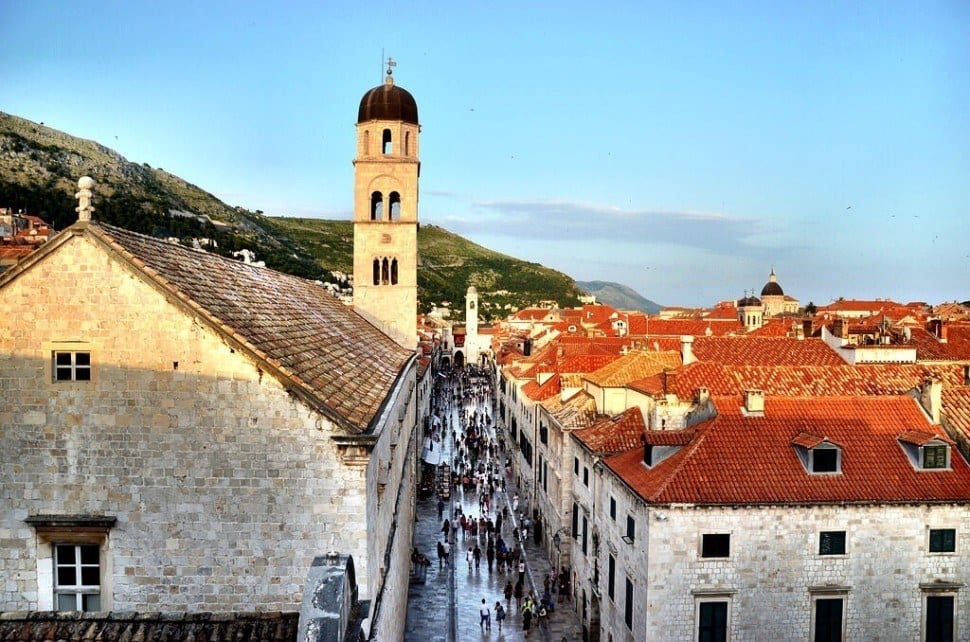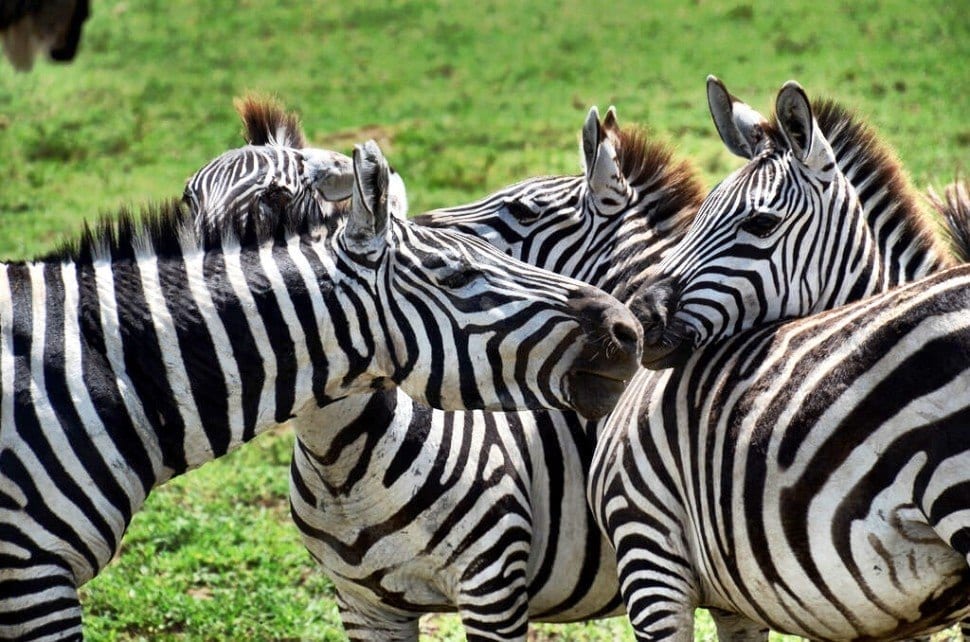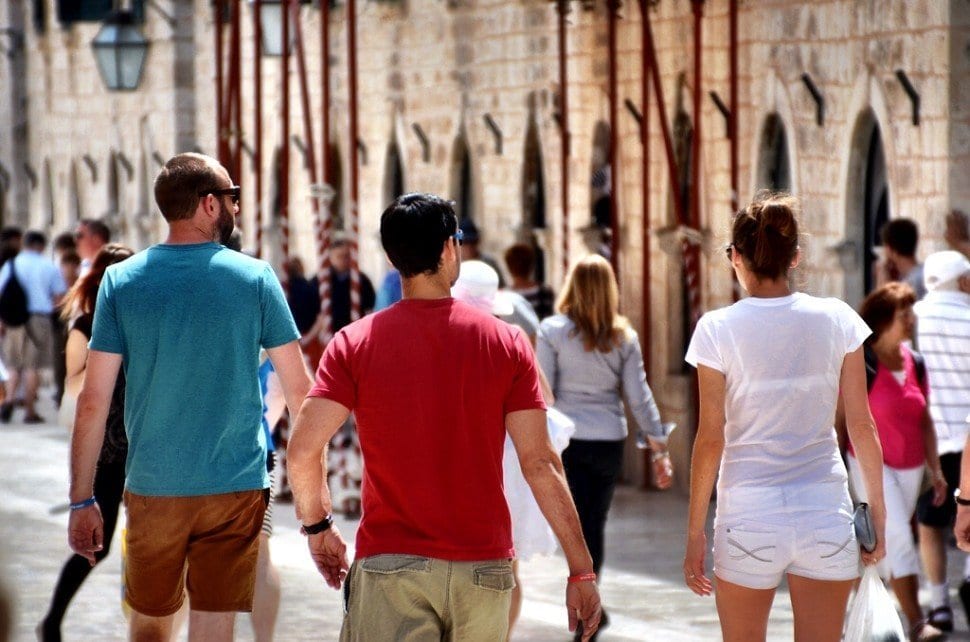
I’ve had a lot of time on my hands, as we all have, to do little more than think. Since I work in the travel industry, many of my thoughts have necessarily meandered towards how I will restart my life after the pandemic quarantine has been lifted and what it will mean to my personal travel style and habits. Chatting online with folks, I began to realize though that COVID-19 will forever change our lives in ways we simply don’t know yet, and that’s particularly true in the travel context. Today I want to share some thoughts about what this all means and how it might, for some at least, change the way we think and approach the travel experience.

Selfish travel is still ok
While it’s nice to think that all of our travel experiences are either transformational or deeply impact the lives of others, that’s simply not true. The fact is that many, if not most, travel experiences are inherently selfish and that’s ok. All travel is important, whether you travel 30-minutes away or to the South Pole. Any time we leave home for the sole purpose of exploration, or just enjoying ourselves, we change in ways that may be imperceptible, but which aren’t any less important. There hasn’t been a trip anywhere in the world where I haven’t learned something. Sometimes it’s about the place, but more often than not it’s about me. Travel is selfish and personal and that’s fine. And to be honest, once this mess is all over each of us will need to get away, maybe spend some time on a beach or at an amusement park and just let go of the incredible stress we’ve all been hoarding.

Go local
Within just a few days of restaurant closures across the country, millions of people rallied around their local small businesses to do anything and everything to help them out. I honestly have never seen anything quite like it and it’s been heart-warming. I have friends who are small business owners and this situation is tough in ways I’ll never fully understand. But everyone’s excitement at fundraising and patronizing local restaurants isn’t just a nice gesture, it may change how we think about local businesses in the future, even when we travel. Sustainable travel is a complicated term, but folded within it is the concept of helping local communities support themselves. In layman’s terms, it usually means avoiding multinational corporations and instead seeking businesses, including hotels and restaurants, that are locally owned and operated. This is crucial in many parts of the world because by doing this we keep our tourist dollars in the communities in which they are spent. We are contributing to financial success instead of being complicit in a form of neo-colonial destruction of local economies. I think that this pandemic has made many people aware of the struggles small businesses go through, how close to the edge most are operating and why it’s important to help them out. We’re not just buying dinner, we’re giving Mike or Joan or Tom the ability to feed their family, employ local residents – our neighbors – and strengthen the entire community. Now put this into the travel context and you see why it’s so important.

Slowing down
This has been a recurring theme in any number of travel-related articles, emphasizing the need to not race through destinations and instead slowing down and learning how to better appreciate them. Frankly, it’s easier said than done as most travelers, myself included, want to make the most out of their limited time away from home. I’ve had the luxury though of experimenting with slow travel before and, believe it or not, it really is better than speedy tours through destinations. I hope that this pandemic and subsequent quarantine has taught us the importance of valuing the small things in life and to maybe slow ourselves down from time to time. Too many times when we travel it’s a race. A race to see and do as much as possible, frenetically ticking items off of a list or from a guidebook instead of understanding that the true value of travel comes not from doing as much as possible, but oftentimes the exact opposite. Travel should be an opportunity to learn and explore, but also to slow down and experience a destination in a more relaxed, methodical and ultimately slower way.

Mindful travel
Every year, hundreds of millions of people leave home to enjoy time away. That’s great, it should only be encouraged. However, these trips don’t happen without consequences, whether intentional or not. We as a global community though must do better. Up until now, the vast majority of us have not been traveling purposefully, and that has to change. We don’t exist in a vacuum. The world is a dynamic and fluid place, and everything we do as participants has a ripple effect felt globally. This means the obvious precautions of not cutting down Joshua trees or hugging a wombat to death, but it’s not always so obvious. It means not participating in activities involving wildlife, it means deciding to skip the popular beach to find a more secluded spot and it means not being a brash tourist in a large city that is overrun with brash tourists. In other words, we have to practice the same level of self-awareness when we travel as we do in our daily lives. Tourists have a tendency to turn off their brains when they leave home, and that has to stop. The planet and those living on it can’t afford for mindless and reckless travel habits anymore. Not only is it unsustainable, but it’s just not the proper way to behave.

What really matters
At the end of the day though I hope one lesson we can all take away from this disaster is the impermanence of life and how important our interpersonal connections are. The real power of travel is I think the sharing that happens between people. Whether we like it or not, we’re all citizen ambassadors when we leave the country but it’s not a one-sided relationship. Meeting new people, learning about their stories and lives, that is I think the most important part of the travel experience. Through them we begin to better understand their culture and country, most times erasing misconceptions and wrong impressions in the process. While there are certainly outliers, I’ve learned that people are genuinely great almost everywhere in the world and that there is so much more that unites us as humans than what divides us along political lines. It’s when we fail to connect with other people, whether we travel across our own country or across the planet, that we suffer.
